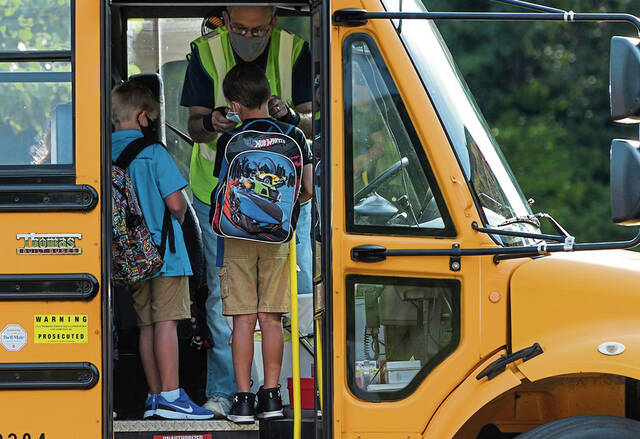Hear the word “audit,” and you tend to think about your taxes.
It’s that process everyone dreads when filling out the annual return — having the Internal Revenue Service crawl through every number, line by line, to find mistakes.
The personal fear makes it seem like a bad word. It isn’t. Audits are important. They are the institutional equivalent of balancing a checkbook or running inventory at a store. They take an accounting of what has been reported and make sure the facts back it up. Audits generally are associated with money, but they are more about compliance with law.
We need this because of money that moves from federal government to states to local needs and how those funds blend with the taxes collected in their own backyards. It’s not just about the money being spent but also about where the money originated because different funds have different rules. It is complicated, and the only way to keep it straight is through auditing.
In February, the state Auditor General’s office found an error at Norwin School District that resulted in $101,250 extra being reimbursed for transportation funding — the result of overreporting busing of about 260 kids to nonpublic or charter schools over a four-year period. The audit attributed it to “significant internal control deficiencies.”
It wasn’t that Norwin did something shady. It didn’t have the paper trail to back up busing requests. An expensive lesson learned that will affect future reimbursements to make up the difference.
Norwin is not alone. When Auditor General Timothy L. DeFoor made his announcement of the Norwin audit, it was one of five across the state — including Bethel Park School District — where similar issues were found. Between Williamsport Area School District in Lycoming County and Bensalem Township School District in Bucks County, $11.4 million in transportation funds couldn’t be audited.
A Center Square story pointed to even more, like Allentown City School District, which reported $8.5 million in transportation reimbursements over four years. A lack of documentation, however, made those reimbursements “unauditable.”
Chichester School District in Delaware County was likewise unable to account for its $1.98 million in transportation reimbursements.
Nothing that happens in a public school district should be unauditable. The districts use public money to teach, care for and transport the public’s children. These are immense responsibilities that should never be undertaken without a trail of breadcrumbs to show what happened, when, why and who paid for it.
Audits are where school districts are graded on what they have learned, what they’ve retained and how they apply it. They are, in essence, standardized tests for school districts. And when they can’t show their work, like a fourth grader multiplying fractions, the answer isn’t all that matters. You have to show your work.








